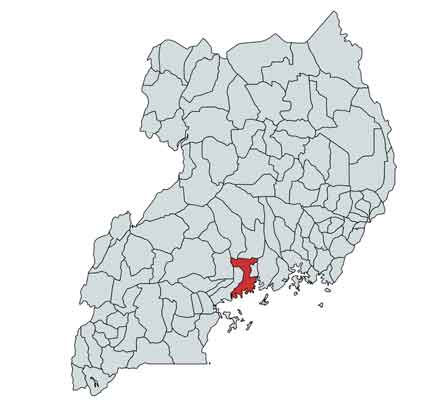OVERVIEW
STUDY DATES: 2025 – 2026
Research Title: Piloting biofeedback boosted alcohol counselling for an intervention to reduce hazardous use among women at high risk of or living with HIV in Uganda
This study proposes to adapt and pilot a biofeedback-enhanced alcohol reduction counseling approach that utilizes Phosphatidylethanol (PEth), an alcohol biomarker to provide objective feedback on past month alcohol use and promote behavior change.
STUDY AIMS
Aim 1: Co-develop PEth biofeedback messaging tailored to support alcohol reduction among women.
1a. Formative research: Conduct 20 in-depth interviews with women to explore perceptions of alcohol use and its health effects, assess baseline awareness of alcohol biomarkers, and gauge reactions to different biofeedback formats (e.g., graphs, narratives, colors).
1b. Message Co-development & refinement: Facilitate a two-day participatory workshop with 8 new participants to iteratively develop, refine, and theater-test the counseling script for PEth biofeedback messaging.
Aim 2: Pilot-test and refine the PEth biofeedback counseling script. We will implement the PEth-based counseling script with 20 participants who we will counsel based on their actual results to assess feasibility, acceptability, and preliminary responses. We will collect participant feedback through exit interviews to further refine and optimize the messaging for future intervention scalability.
WHY?
Adolescent girls and young women (AGYW) in Uganda face a syndemic of alcohol use and HIV, two interrelated public health challenges that disproportionately impact their health and well-being. Alcohol use is a well-established driver of HIV risk behaviors globally and presents additional barriers to HIV prevention and treatment.
The high level of alcohol consumption exacerbates HIV-related health disparities, underscoring the urgent need for integrated interventions that address both alcohol use and HIV outcomes among AGYW. To date, alcohol reduction efforts in Uganda have primarily focused on men, given their higher prevalence of use and tendency to consume larger quantities of alcohol. However, in recent years the gender gap in use has been shrinking with women consuming more frequently than before.
This study will generate innovative biofeedback messaging tailored to women’s unique experiences with alcohol use, addressing a critical gap in alcohol reduction interventions. By laying the groundwork for a scalable, biomarker-driven approach, this work has the potential to transform alcohol harm reduction strategies, improve HIV outcomes, and inform policy efforts to better support women’s health in Uganda and beyond.
Principal Investigator (PI)
Amanda P. Miller, MS, PhD
PI Affiliation
San Diego State University
San Diego, California, USA
PARTNERS
Makerere University School of Public Health
Makerere University Walter Reed Project
Infectious Diseases Institute
LOCATION
Wakiso District, Uganda

FUNDER: SDSU: 2025 College of Health and Human Services Research Support Fund Pilot Projects on Equitable Health and Well-being Award
Contact us with any inquiries or questions
OUTCOMES
Stay tuned…
